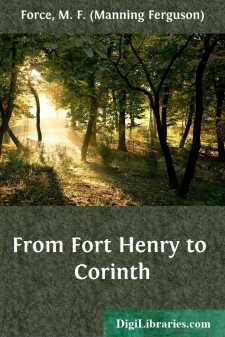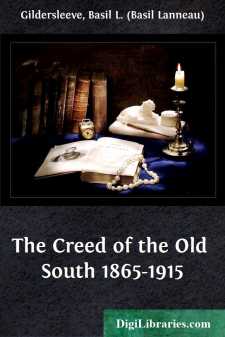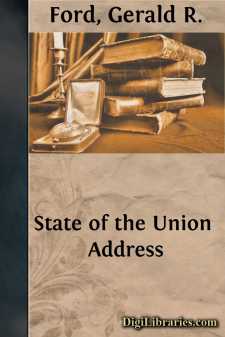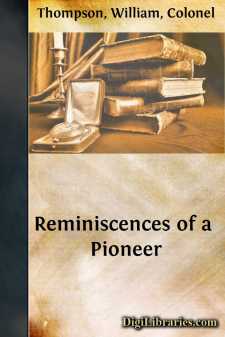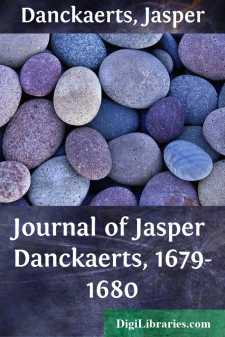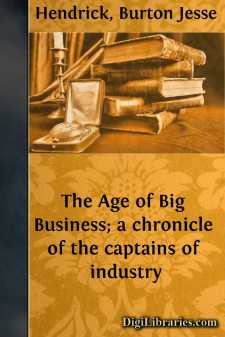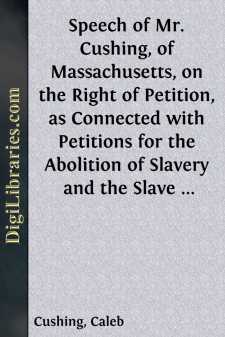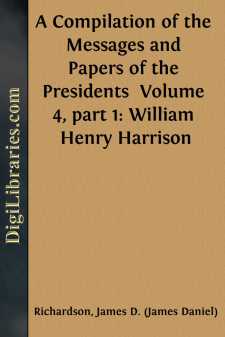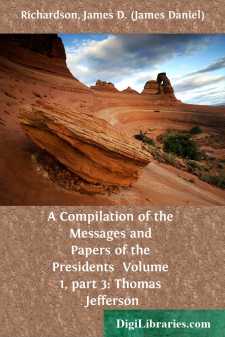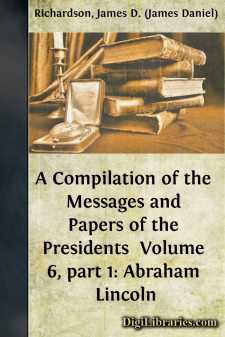History
- Africa 30
- Americas (North Central South West Indies) 50
- Ancient 68
- Asia 58
- Australia & New Zealand 8
- Canada 41
- Caribbean & West Indies 1
- Civilization 20
- Eastern Europe 12
- Europe 310
- Expeditions & Discoveries 60
- General 77
- Historical Geography 1
- Jewish 9
- Latin America 3
- Medieval 8
- Middle East 13
- Military 248
- Revolutionary 8
- Study & Teaching 5
- United States
- Western Europe 56
- World 13
United States Books
Sort by:
PREFACE. I have endeavored to prepare the following narrative from authentic material, contemporaneous, or nearly contemporaneous, with the events described. The main source of information is the official reports of battles and operations. These reports, both National and Confederate, will appear in the series of volumes of Military Reports now in preparation under the supervision of Colonel Scott,...
more...
A few months ago, as I was leaving Baltimore for a summer sojourn on the coast of Maine, two old soldiers of the war between the States took their seats immediately behind me in the car, and began a lively conversation about the various battles in which they had faced each other more than a quarter of a century ago, when a trip to New England would have been no holiday jaunt for one of their...
more...
by:
Gerald R. Ford
Mr. Speaker, Mr. Vice President, Members of the 94th Congress, and distinguished guests: Twenty-six years ago, a freshman Congressman, a young fellow with lots of idealism who was out to change the world, stood before Sam Rayburn in the well of the House and solemnly swore to the same oath that all of you took yesterday—an unforgettable experience, and I congratulate you all. Two days later, that...
more...
by:
William Thompson
Chapter I. Farewell to the Old Southern Home. I have often wondered, when viewing a modern passenger coach, with its palace cars, its sleeping and dining cars, if those who cross the "Great American Desert," from the Mississippi to the Pacific in four days, realize the hardships, dangers and privations of the Argonauts of fifty-eight years ago. The "Plains" were then an unbroken...
more...
INTRODUCTION In the year 1864 Mr. Henry C. Murphy, then corresponding secretary of the Long Island Historical Society, had the good fortune to find in an old book-store in Amsterdam a manuscript whose bearings upon the history of the middle group of American colonies made it, when translated and made accessible as a publication in the Memoirs of the Long Island Historical Society, an historical...
more...
CHAPTER I. INDUSTRIAL AMERICA AT THE END OF THE CIVIL WAR A comprehensive survey of the United States, at the end of the Civil War, would reveal a state of society which bears little resemblance to that of today. Almost all those commonplace fundamentals of existence, the things that contribute to our bodily comfort while they vex us with economic and political problems, had not yet made their...
more...
by:
Caleb Cushing
SPEECH. Mr. Cushing said: I hold in my hand several Petitions on the subject of the slave interest in the District of Columbia. One of them, I now present to the House. Upon it, I make the preliminary motion, understood to be necessary in such cases, that it be received; and, in reference to this question, I have some few remarks to submit to the consideration of the House. This Petition prays for the...
more...
William Henry Harrison William Henry Harrison, third and youngest son of Benjamin Harrison, one of the signers of the Declaration of Independence, was born at Berkeley, Charles City County, Va., February 9, 1773. Was educated at Hampden Sidney College, Virginia, and began the study of medicine, but before he had finished it accounts of Indian outrages on the western frontier led him to enter the Army,...
more...
Thomas Jefferson Thomas Jefferson was born at Shadwell, Albemarle County, Va., on April 2 (old style), 1743. He was the oldest son of Peter Jefferson, who died in 1757. After attending private schools, he entered William and Mary College in 1760. In 1767 began the practice of the law. In 1769 was chosen to represent his county in the Virginia house of burgesses, a station he continued to fill up to the...
more...
Abraham Lincoln ABRAHAM LINCOLN was born in Hardin County, Ky., February 12, 1809. His earliest ancestor in America was Samuel Lincoln, of Norwich, England, who settled in Hingham, Mass., where he died, leaving a son, Mordecai, whose son of the same name removed to Monmouth, N.J., and thence to Berks County, Pa., where he died in 1735. One of his sons, John, removed to Buckingham County, Va., and died...
more...


